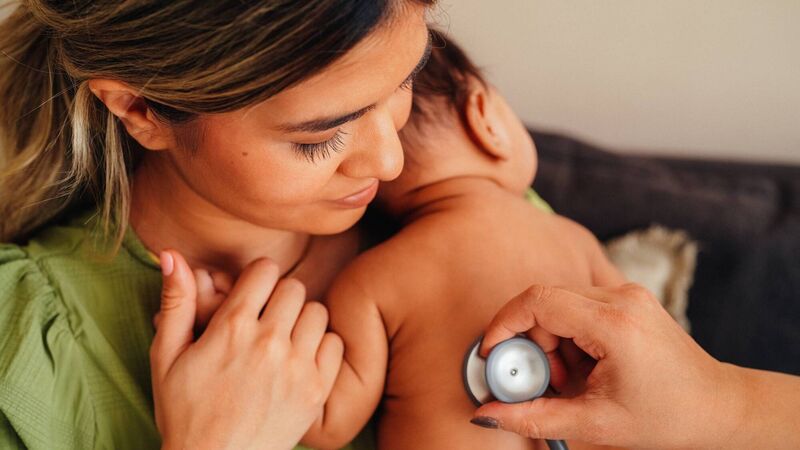Dr Phil Kieran: How can I ensure my baby does not get another respiratory infection?

Pic: iStock
Try from €1.50 / week
SUBSCRIBEMy baby is eight months old and was recently admitted to the hospital for a severe respiratory infection. She responded well to treatment and was home in a few days. Can I do anything to ensure that she does not get another infection?
Bringing a small child to hospital for a respiratory illness is one of the most terrifying experiences I know of. As you found out, one of the upsides is that once they start to get better, they bounce back quickly. The aftermath, however, is that for the next while, you tend to think that every sniffle or cough will mean another emergency.
Already a subscriber? Sign in
You have reached your article limit.
Annual €130 €80
Best value
Monthly €12€6 / month
Introductory offers for new customers. Annual billed once for first year. Renews at €130. Monthly initial discount (first 3 months) billed monthly, then €12 a month. Ts&Cs apply.
CONNECT WITH US TODAY
Be the first to know the latest news and updates
Newsletter
The best food, health, entertainment and lifestyle content from the Irish Examiner, direct to your inbox.
© Examiner Echo Group Limited